Aurobindo View on Psychology:
To Aurobindo, the mind (Antahkarana) is the main instrument of thought. It has immense and diverse powers. There are four layers of the mind-
(1) Chitta or Passive Memory- The Chitta is the storehouse of memory. It is the past mental impressions of the current life, and the previous lives. It is from the ‘Chitta’ that the active memory selects the needed things at times. Sometimes this selection is properly made and sometimes irrelevant things are selected. Sri Aurobindo observes that the Chitta or passive memory needs no training, as it is automatic and naturally sufficient for its purpose. Hence it is the active memory that needs training and improvement. Sri Aurobindo believes that while passive memory retains the past impressions without its being aware of it, the active memory remains aware of the past impressions. These ideas of Aurobindo Ghosh are comparable to modern researches about the unconscious and the sub-conscious.
(2) Manas or the Mind Proper- Manas is the second layer of the mind. It is in this layer that all the other layers are collected. Manas receives the images coming from the five senses (touch, smell, taste, sight and sound) and transforms those images into thought perceptions. It is also capable of receiving images of its own direct grasping or mental impressions. Sri Aurobindo calls ‘mind’ as the sixth sense. All the six senses including the mind should be trained to make them as keen, subtle and sensitive as possible. The first business of the educationist, according to Aurobindo, is to develop in the child the right use of the six senses. For this purpose, he strongly advocates the introduction of elementary yogic practices into our schools and colleges.
(3) Intellect or Buddhi- The intellect or buddhi is the third layer of the mind. It works at a level higher than that of Manas. It arranges and rearranges the elements of knowledge coming to the mind. It has comprehensive, creative, synthetic, critical and analytical faculties. Sri Aurobindo talks about two hands of intellect.
- Right hand mind- The comprehensive, creative and synthetic faculties may be regarded as the right hand of intellect. This right hand judges, imagines, memories, observes, commands and manipulates.
- Left hand mind- The critical and analytical faculties of the intellect may be regarded as the left hand. The left or the critical faculties “distinguish, compare, classify, generalize, deduce, infer and conclude”. Thus these faculties are essentials of logical reasoning.
The right-hand mind is the master of knowledge, as it penetrates deeply into its very soul. The left-hand mind is only the servant of the mind, as it only touches the body of knowledge. The left-hand mind tries to ascertain the truth, whereas the right-hand mind grasps even those elements which are not yet ascertained and verified. Both the right and left hands of the mind are essential for human reason. So both these hands of the mind must be perfectly trained to the highest possible limit, otherwise, the education of the child will remain one-sided and incomplete.
(4) Intuition- Intuition (Intuitive Perception of Truth) is the fourth layer of the mind. It is a ‘direct vision of knowledge’ amounting to revolution and making man a ‘prophet of truth’. It “brings to man those brilliant messages from the unknown, which are the beginning of his higher knowledge”. Intellect is far higher than the intellect or Buddhi. There are people who are far superior to others because of their intuition, their sovereign power of discernment, inspiration and vision. Intuitive power is not yet developed in every human being but is in the process of evolution. Pure intuition is a rare occurrence. Many possess it imperfectly or by flashes. Intuitive power is coming fast, and every man is capable of receiving the power. An ideal teacher is one who encourages and welcomes this intuitive power in the pupil. This faculty of intuitive power is very important to humanity. Hence it must be encouraged and developed by carefully eliminating “the admixture of error, caprice and biased fancifulness”.
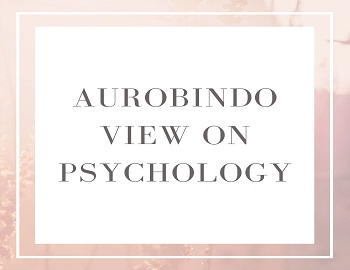
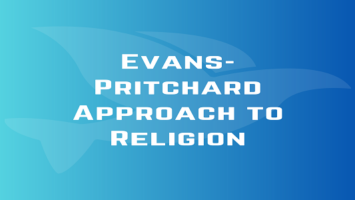
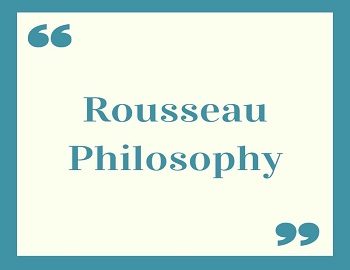
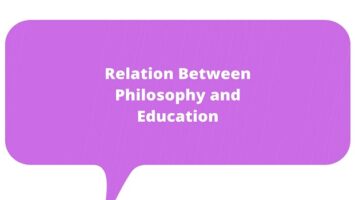
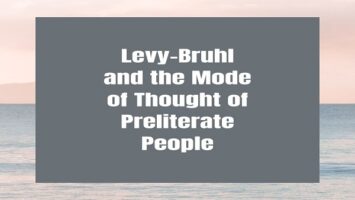
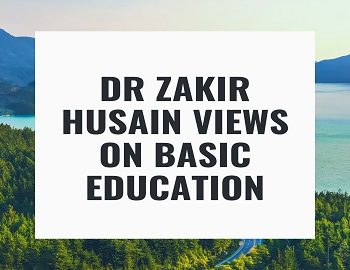

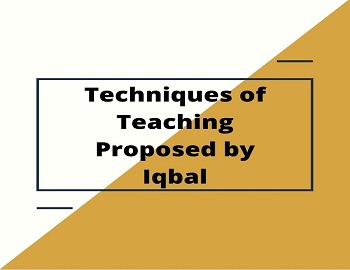
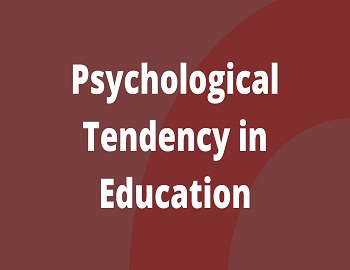
Comments (No)